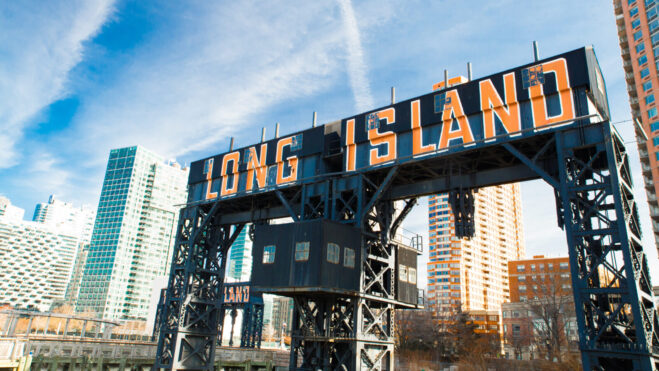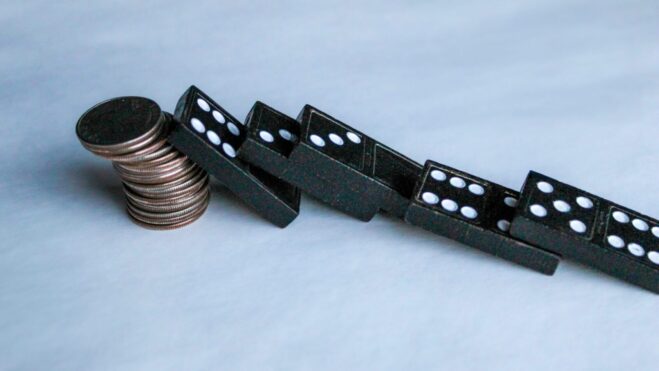‘Crazy Eddie’ Heir Loses Appeal In $24 Million Gambling Addiction Lawsuit Vs. BetMGM
Court of Appeals for the Third Circuit rules casinos don’t owe special duty to problem gamblers
2 min

The United States Court of Appeals for the Third Circuit has affirmed the dismissal of a lawsuit brought by a self-described problem gambler against major casino operators, dealing a significant blow to those seeking to hold gaming companies accountable for problem gambling-related losses.
In a ruling issued Monday, the court upheld a lower court’s decision to dismiss Sam Antar’s claims against BetMGM, Borgata Hotel Casino and Spa, and MGM Resorts International. Antar, an heir to the “Crazy Eddie” consumer electronics company fortune, had alleged that casino employees engaged in unconscionable business practices by offering him numerous bonuses and incentives despite recognizing his gambling addiction.
Court documents revealed that Antar wagered more than $24 million and placed over 100,000 online bets from June 2019 through January 2020. His lawsuit centered on the casino’s VIP host program, which he claimed relentlessly encouraged him to continue gambling despite clear signs of addiction. Prior to the appellate hearing, Antar’s attorney Matthew Litt had told Casino Reports that applying the Casino Control Act to online gambling was “prehistoric,” arguing that operators shouldn’t be allowed to “prey on those addicted to gambling.”
The judges disagreed.
“Antar was fully aware that the text messages from his VIP hosts offering bonuses, credits, and deposit matches were exactly as the hosts represented — enticements to continue to gamble,” wrote Circuit Judge Jane Richards Roth in the court’s opinion.
No misleading here
The three-judge panel, which included Judges Stephanos Bibas and Cindy Chung alongside Roth, determined that Antar’s Consumer Fraud Act claim failed because he couldn’t demonstrate that the communications had “the capacity to mislead” as required under New Jersey law. The court also addressed the inherent difficulty in establishing causation for gambling losses.
“[G]ambling losses ‘present almost metaphysical problems of proximate causation … and under the prevailing rules and house odds, “the house will win and the gamblers will lose” anyway in the typical transaction,'” the court stated, citing previous case law.
As for the negligence claim, the opinion reinforced longstanding precedent that casinos don’t owe a special duty of care to problem gamblers. The court emphasized that “courts across the country that have considered the issue have uniformly rejected imposing such a duty on casinos.”
Supreme Court next?
Litt, Antar’s attorney, told Casino Reports that the next step — if there is one — would be to petition the United States Supreme Court, saying that “everything is being contemplated” right now.
“This is a non-precedential opinion based on the old pre-amended version of the New Jersey Consumer Fraud Act,” Litt said. “While I’m very disappointed for Mr. Antar, this does nothing to slow our fight to protect addicted gamblers and their families from the predatory practices of the casinos.”
This ruling marks the latest chapter in Antar’s legal battle. U.S. District Court Judge Madeline Cox Arleo initially dismissed his lawsuit in January 2024. At that time, Judge Cox Arleo noted that while New Jersey lawmakers could have required casinos to protect problem gamblers, they haven’t chosen to do so.
The ruling highlights New Jersey’s balanced approach to casino regulation through its Casino Control Act, which the court noted was crafted to be “comprehensive and minutely elaborate,” yet “provide[s] only limited civil remedies.” The court recognized that the New Jersey Legislature limited private claims by design to balance “the protection of gambling patrons and the protection of the financial viability of the casino industry.”






